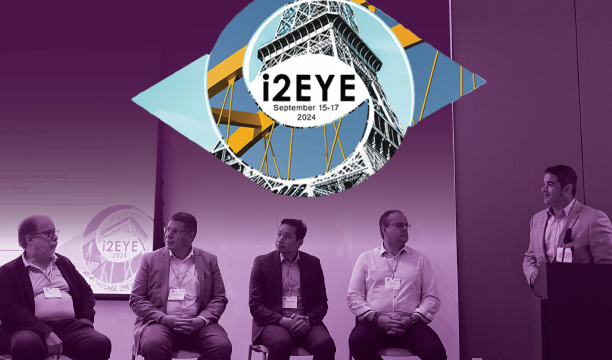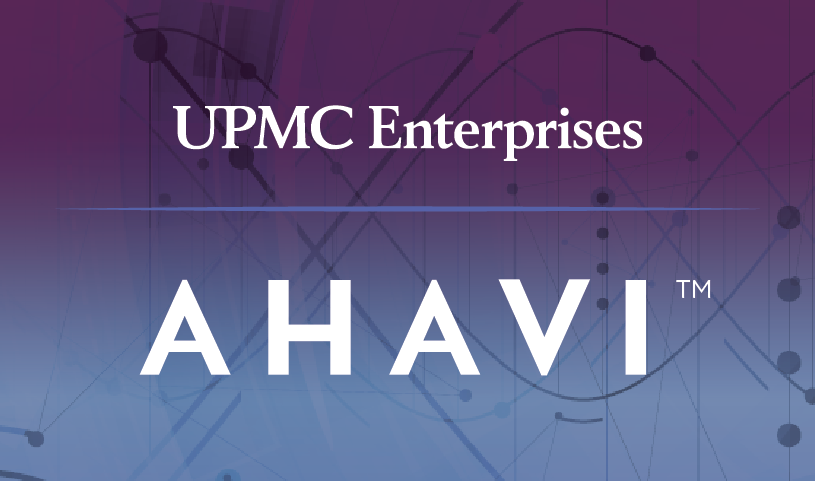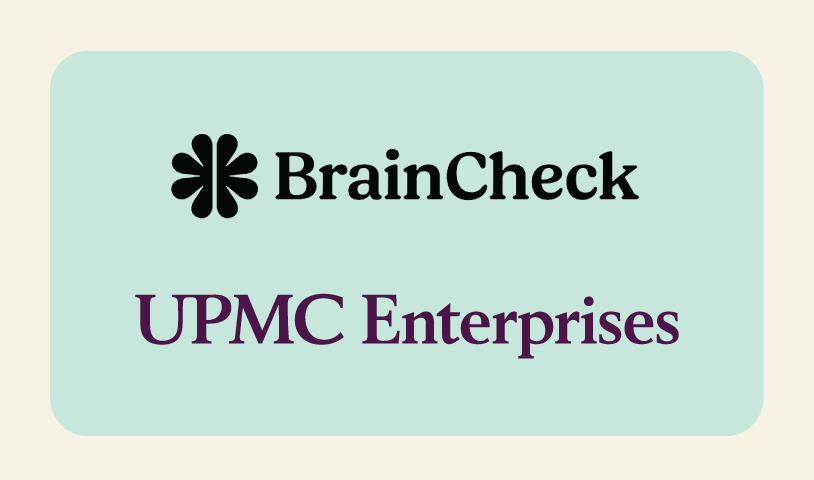
Sep 23, 2024
UPMC Enterprises Shares Industry Insights During the 6th Annual i2Eye Event at the UPMC Vision Institute
UPMC Enterprises was well represented at the 6th annual i2Eye event, with experts sharing insights during an industry discussion titled, “Addressing Unmet Needs in Clinical and Research Imaging of Diseases and Treatments.”
The prestigious interdisciplinary i2Eye conference, hosted by UPMC, the University of Pittsburgh, and Institut de la Vision, focuses on innovative imaging of eye diseases. The event was held at the newly constructed UPMC Vision Institute, a state-of-the-art facility where the clinical and research expertise of UPMC and the University of Pittsburgh Department of Ophthalmology are harnessed to prevent vision loss and restore sight.
Alex Anetakis, MD, MBA, Senior Advisor to UPMC Enterprises and Clinical Assistant Professor of Ophthalmology at the University of Pittsburgh, moderated the industry discussion alongside John Ash, PhD, also of Pitt Ophthalmology.
Representing UPMC Enterprises in the discussion was Julian Hassinger, PhD, Senior Associate of Translational Sciences. He joined panelists from Topcon, NKT Photonics, Translational Imaging Innovations, Zilia, Heidelberg, Spective LLC, imagineeyes, and Robotrack to discuss common barriers in the exchange between research and real-world application of therapies.
Dr. Anetakis stressed the importance of replicating discoveries from clinical laboratories at the bedside multiple times and posed the question of enabling this translational approach to industry partners.
Dr. Hassinger outlined how UPMC Enterprises makes strategic investments in translational sciences, noting three critical ways in which the translational sciences team supports the development of novel therapeutics and biotech:
- Funds early-stage translational sciences and academic research.
- Creates spinout companies from research that can be developed into viable biotech firms.
- Invests broadly in the life sciences ecosystem with multiple investments in the ophthalmology space.
Specifically, Dr. Hassinger explained the partnership with Avista Therapeutics, a UPMC Enterprises’ startup, which is developing novel gene therapies for inherited forms of blindness. When asked about the greatest need in research, he offered two key items:
- The need for increased validated biomarkers predictive of disease progression to shorten length of time for successful trial outcomes.
- The need for stronger patient stratification and segmentation to more easily identify patients who are more likely to respond to certain therapeutics.
UPMC Enterprises was a proud sponsor of i2Eye in support of the clinicians and researchers developing innovative vision therapies and accelerating the translation of scientific discoveries from the bench to bedside.
Next Steps
- Learn more about Translational Sciences at UPMC Enterprises.
- Learn more about how gene therapy is being leveraged for eye diseases by watching a recent gene therapy webinar hosted by the Center for Connected Medicine and Institute for Precision Medicine.


